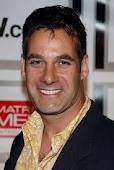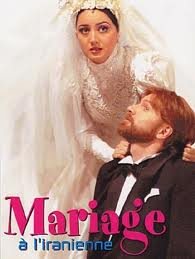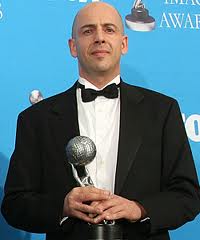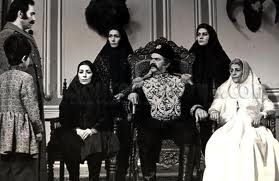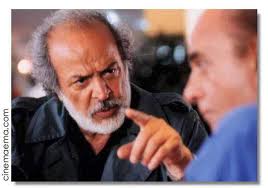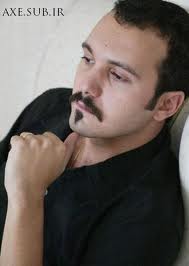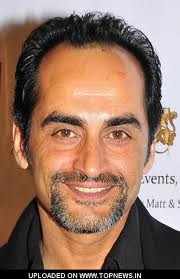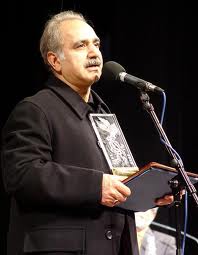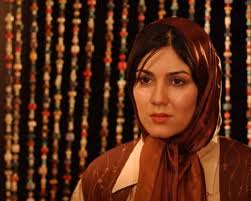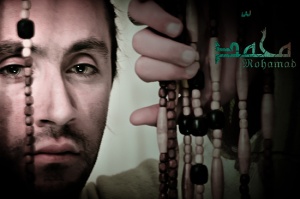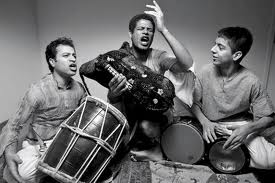The White Meadows (Persian: Keshtzarhaye sepid) is a 2009 Iranian film written, directed and produced by Mohammad Rasoulof. The film was edited by leading Iranian filmmaker Jafar Panahi and stars Hassan Pourshirazi as Rahmat.
Mohammad Rasoulof was born in Shiraz, Iran in 1972. He received a degree in Sociology from Shiraz University and studied film editing at the Sooreh University in Tehran. His first feature film is the docudrama The Twilight, and his second feature, Iron Island, was selected for the Directors’ Fortnight in Cannes. He also directed Head Wind, a documentary about the restrictions currently imposed in Iran on using satellites and the Internet. The White Meadows is his third feature film.
In a dreamlike yet earthbound film, Rahmat the boatman navigates the increasingly brackish waters of Lake Urmia, collecting the heartaches and tears of its’ inhabitants. But he remains powerless against their misguided attempts to appease the gods and make the land green again, whether by offering a bride to the sea or forcibly ‘treating’ the eyes of a painter who sees in different colors. Drawing firsthand on the challenges faced by Iranian artists of today, writer-director Mohammad Rasoulof’s deeply atmospheric and poetical film is a gorgeous allegory of intolerance, brutality and mystified routine that resonates far beyond any one state’s borders.
Related articles
- Today’s Daily Deals – American Meadows, Scott Hawaii, ScrapDazzle & More! (livingrichwithcoupons.com)
- No takeover offer for Goodman Fielder (news.smh.com.au)
- Berlin film festival to honour Meryl Streep with lifetime achievement award (guardian.co.uk)
- the mirror that hates (meadowvilleusa.wordpress.com)
- Kalleske – Organic and Amazing! (missbamboo.wordpress.com)
- Iran cancels ceremony for Oscar-winning A Separation (cbc.ca)
- Oscar-winner’s homecoming celebration scrapped by Iran – Entertainment Weekly Online (news-briefs.ew.com)
- New sponsor of Mercyhurst film series announces lineup (goerie.com)
- Musical Instrument Museum Benefit for M.U.S.I.C. (passionatefan.wordpress.com)
- This Is Not a Film (slate.com)


